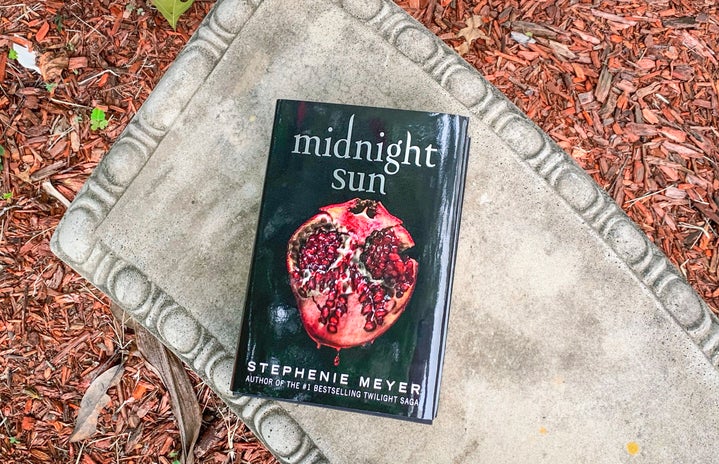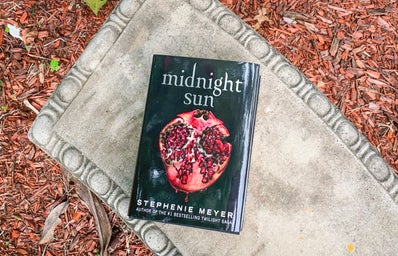With an audience spread across the adolescent sphere, the young adult genre is expansive enough to have something for everyone. Mysteries, romance, fantasy — you name it.
However, the label of a book as “YA” provides an expectation that readers should leave the genre behind once they’ve hit the age of 18. On some level, older readers may feel they’ve grown out of what the genre has to offer; for others, this label can seem more like a limitation on one’s preferences. We all differ in our interests and opinions, as well as the rate at which our tastes evolve as readers. Keeping this in mind, I believe we should regard YA novels with the respect we owe any other genre, even if it’s no longer your cup of tea.
In the public sphere, YA has earned a bad rap for its production of novels such as “Twilight” or “Divergent,” which have become the face of the genre. Whether books such as these are “good” is subjective, but it shouldn’t be overlooked that mass media has boosted the popularity of these novels via the big screen. Thus, the genre has fallen under public scrutiny from outsiders, who have labeled the category as that of surface-level romance titles.
Regardless, this shouldn’t take away from the fact that there are still great books coming out of the YA genre; in fact, many are on track to becoming classics for new generations of readers. “The Book Thief” and “The Perks of Being a Wallflower” are among the many novels that hold a unique place on bookshelves, praised for their complexity in plot and compelling stories.
With so many positives, it’s no surprise that young adult literature appeals to the masses.
YA sets itself apart by acting as a mirror to the lives of young adults, as the “coming of age” trope remains prevalent in the genre. Teenagers can read on different topics and issues that are reflective of their own lives, allowing them to share common experiences. Even more so in recent YA novels, authors have chosen to depict the struggles teenagers encounter in-depth —racism, LGBTQ+ issues, parental pressures — deliberately not shying away from the darker side of adolescence. For the adults that engage in YA literature, they may be inclined to keep coming back to stories they empathize with and can learn from. Rather than shaming adults for their reading choices, we can remove societal pressure to “grow out of YA” by understanding and acknowledging the excellence of these stories.
The rise of “Booktok” on social media has contributed to a growing collective interest in the YA genre, appealing to both young and old audiences of readers. Books such as Madeleine Miller’s “The Song of Achilles” have boosted in book sales and popularity following countless videos made on TikTok by its supporters. This newfound popularity has extended to the mainstream world as well, with the New York Times bestseller list highlighting many of the titles found on the platform. Hashtags and sounds on the app have also created a niche for LGBTQ+ representation in books, promoting awareness and positivity for the community’s young adults. With such strides on social media, increased interest in the genre is representative of a growing sense of acceptance for a wide range of YA readers.
With these numerous displays of interest in the genre, it causes one to wonder: Do we ever really “grow out of” YA?
I believe that even as we grow and learn throughout our lives, the YA genre will always produce a book that resonates with readers beyond the confines of age. After all, the focus of reading should be for the love of it, not based on what we feel we “have to” read. The Guardian writer Georgina Howlett states that the secret appeal of YA books is their “universal applicability.” While not every YA novel is equal in quality, many remain to have a central purpose behind their writing that is appealing to many, including their themes and messages.
As much as we may differ in our preferences as readers, YA literature retains its popularity (and will continue to) online and within social circles. Even as I’ve branched out from the genre, I continue to come back to old favorites for the comfort of familiarity. Additionally, there’s always a new novel out there that I can find interest in — and maybe learn something about myself from.


